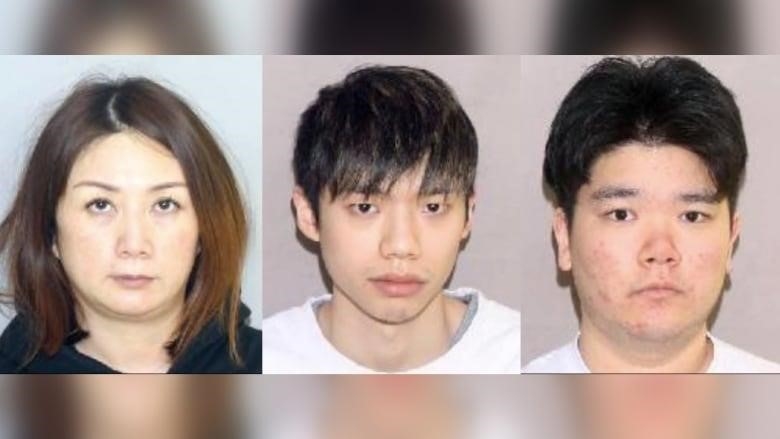
CBC News has exclusive details about a case of alleged title fraud in January that led to the arrests of three people
It started out like any other phone call for Niroosan (Niro) Vivekanantharajah: someone found him on Google and asked for his help closing a home sale.
The Toronto real estate lawyer told CBC News that he agreed to help his clients sell their Scarborough home. He says they had all the paperwork they needed and a good idea of how the process worked.
“To tell you the truth, they were perfect clients. They had really good plans. Vivekanantharajah said that they gave him property tax papers, proof of a vacant home tax declaration, and two forms of ID: an Ontario driver’s license and a permanent resident card. He checked the IDs through a virtual Zoom call, during which the client held up her driver’s license to his face. Photos were also sent to his office so that they could look at them.
But within a few weeks, the Toronto police would arrest these clients, accusing them of using complex title fraud to sell a house that didn’t belong to them. It’s a chain of events mostly set in motion by Vivekanantharajah, who got suspicious when the bank called him and asked if he was okay.
“I guess I was lucky and went with my gut, but it could just as easily have happened to me.”
Vivekanantharajah tells his story to show how easy it is for some people to help with this kind of fraud. Every title fraud story that CBC News has covered has had one thing in common: the use of fake ID, like an Ontario driver’s license. Experts say that the IDs are getting better and better, which makes it harder and harder to stop this kind of fraud.
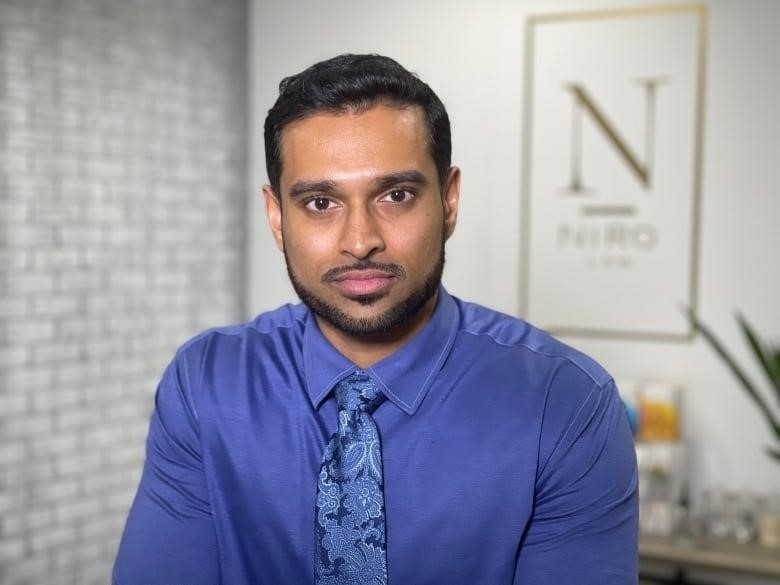
Sneaking suspicion 
After the deal was done, Vivekanantharajah began to have doubts. The single-family detached home in Scarborough sold privately for $840,000. It wasn’t listed on the MLS, which is how real estate agents and brokers share information about homes for sale. The money was then sent to the supposed fraudster’s bank account.
He says that the bank where the money was being held called him and asked him to prove that his client was who he said he was so that the money could be given to him.
He says that the bank employee told him that this was the first transaction on the new account. She also brought up a possible problem with using a permanent resident card as an ID.
“I couldn’t find out if it was real or not. They just said, “It might be fake, but we don’t know.””
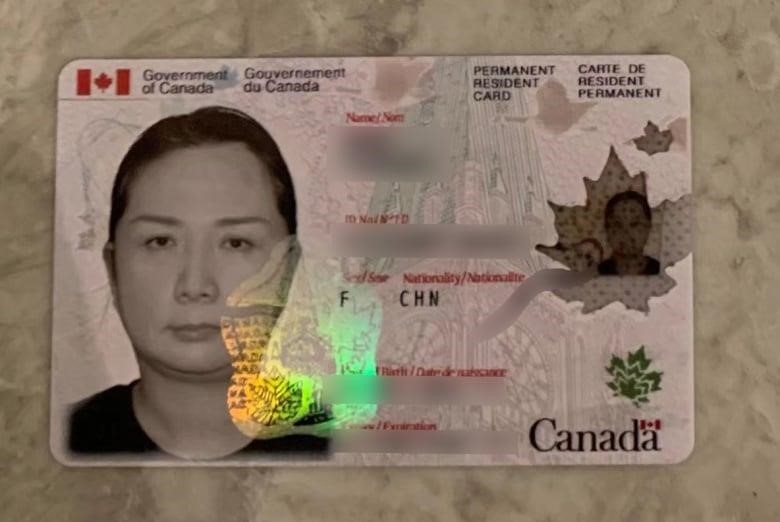
The worker told Vivekanantharajah that she would give him the money if he could prove the client’s identity, but he said he wanted to be sure first. So he and his partner came up with a plan and decided to play detective by going to the house that had just been sold.
“To be honest, we just guessed,” he said. “We didn’t think it would work at all,” they said.
Vivekanantharajah says that the first red flag for him was that mail was piling up outside the house. Then he saw that the porch door was locked, so he couldn’t get in to ring the bell.
“So I’m thinking, “How do people knock on the door? How do they get mail or packages at all?'”
He went on to knock on the doors of nearby homes, where he met people who gave vague descriptions of the residents that seemed to match the clients he was working with.
After he left the area, the next-door neighbor, who had taken one of his business cards, called him on the phone. The woman told him that the home’s owners were in China and that she had the keys.
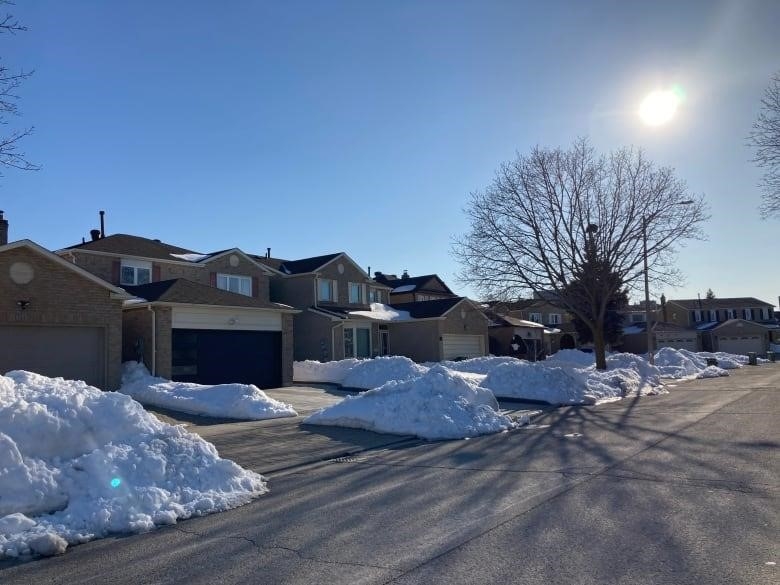
“As soon as I told her, she asked, “What do you mean you sold the house?” I’m like, ‘It’s gone.'”
When the neighbors talked to the homeowners, Vivekanantharajah found out that his clients weren’t the real owners.
The arres
Vivekanantharajah, who used to be a criminal lawyer, says he told the bank about the alleged fraud, and the bank called the police. He says they worked together to set up a sting operation, which involved bringing the people they thought were committing fraud to the bank in person.
He says he told the customers to go to a certain branch in Aurora, Ontario, where an officer in plain clothes was waiting for them.
Vivekanantharajah said, “I knew they were desperate enough to go there, and it pretty much sold.” They went there.
Toronto police confirmed the Jan. 27 arrestOf the three suspects, Xue Wang, Ling Pan, and Xing Yu Ling, who are now charged with fraud over $5,000, Wang is also being charged with having money from a crime that is worth more than $5,000, laundering money from a crime, impersonating someone else to get something, and giving out a forged document.
Both the real owners of the Scarborough home and the people who bought it had title insurance, and Vivekanantharajah says that the investors who bought the home have gotten their money back. He says that the owners are working to get their name back on the title of the house.
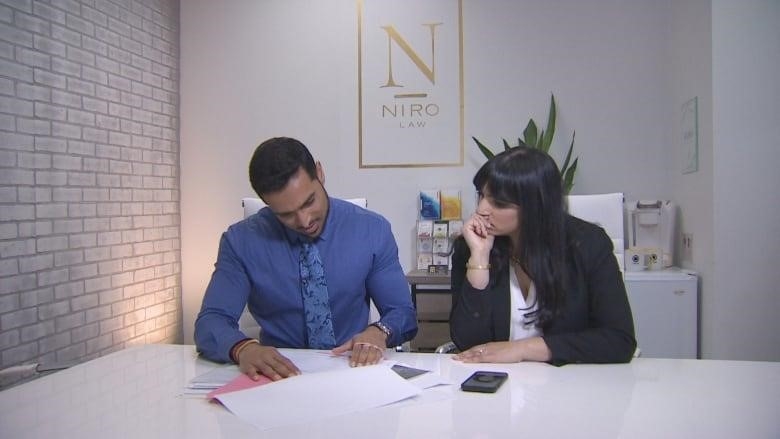
Sophisticated fake ID
In the recent cases of title fraud that CBC News has covered, the alleged fraudsters used a fake ID, either by posting as a renter to get into the house or as the owner to get in.
In this case, the pictures on the IDs were of the people who were thought to be committing fraud, but the names and addresses were of the real homeowners.
Experts say that the problem is that these types of fake IDs are getting more and more complicated.
Daniela DeTommaso, president of one of Canada’s four title insurance companies, FCT Insurance, said, “It is absolutely unbelievable that these IDs are exact copies of the original.” She is in charge of putting an end to title fraud.
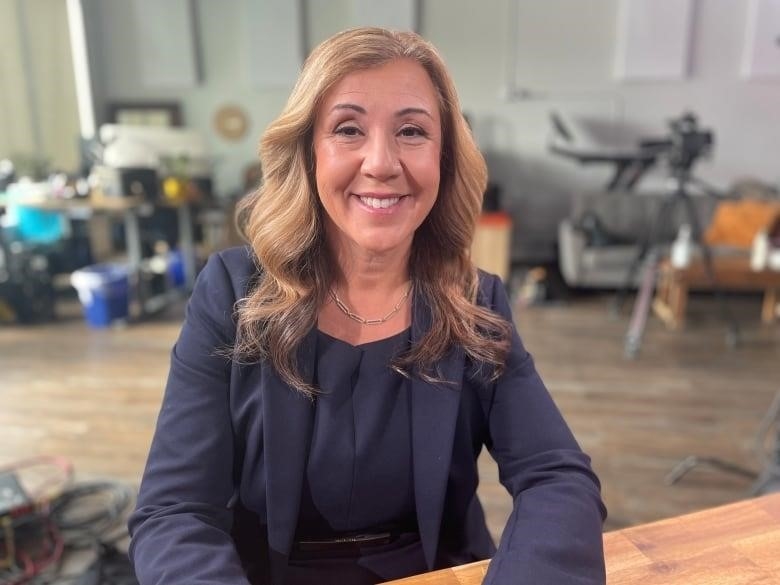
She says that the problem is that many times, even if the driver’s license number is checked using the province’s free online checker, it comes back as being valid.
DeTommaso said, “In most of the frauds we see, the driver’s license is active; it just doesn’t belong to the person it’s supposed to belong to.”
Watch: How big a problem is real estate fraud in Canada?
“During the COVID pandemic, the number of frauds using what I call “synthetic IDs” went through the roof,” said Det. Const. John Armit of the Ontario Provincial Police’s anti-rackets branch (OPP).
He says that a lot of that growth was due to fraud involving CERB and auto-financing, but fake IDs are now being used in real estate fraud as well.
“They use printers and card stock to make fake IDs,” he said.
“Through our investigations, we’ve also learned that these fraudsters might have a hologram or other features that would be on a number of government IDs.”
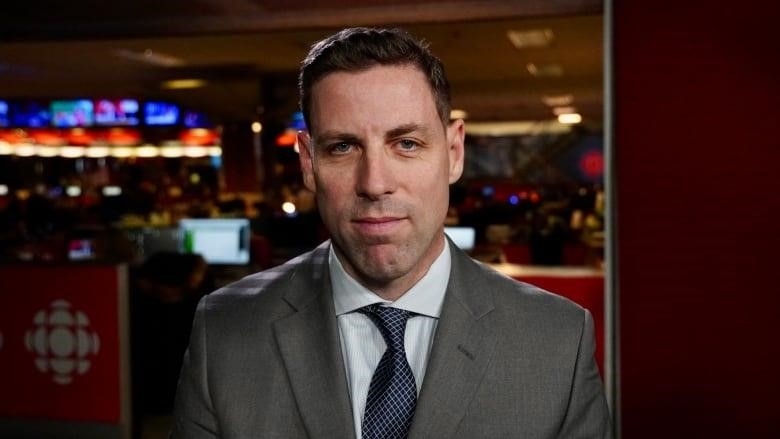
Armit says that the problem is that once a crook has a good fake ID, they can use it to get other personal information or documents.
“Once you get someone’s stolen ID, the floodgates are open, and they can get credit cards or get credit.”
Hard lesson
Even though DeTommaso and Armit praise Vivekanantharajah for what he did, the alleged fraud still makes him feel bad.
“I took it seriously because I think I’m a good real estate lawyer—so good, in fact, that I train other lawyers.” “So it was a bad thing that it happened to me.”
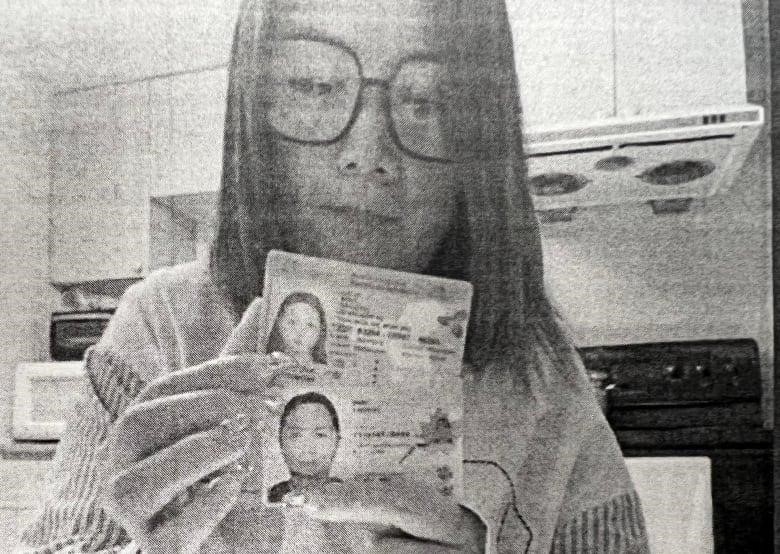
He says that he was a bouncer for many years before he became a lawyer, which makes him even more surprised that he didn’t notice the fake. He says he doesn’t blame the other lawyers, who would have agreed to let the money go.
“Think about it: It was my job for 11 years to check IDs, and when I became a lawyer, I still didn’t catch it.”
On March 24, Xue Wang, Ling Pan, and Xing Yu Ling, the three suspects, will go to court.
